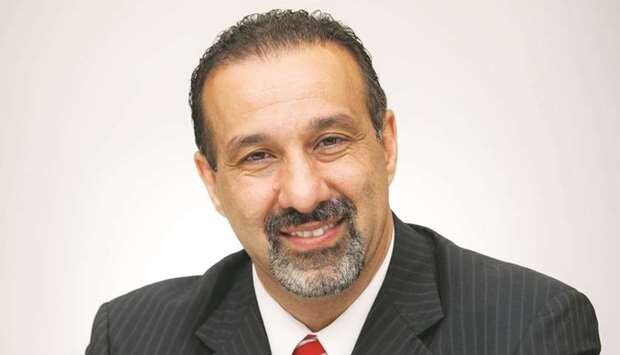INSUBCONTINENT EXCLUSIVE:
TEHRAN - A professor of government at Georgetown University in Qatar says both Iranian and United States negotiating teams are under
negotiating teams are under extreme political pressure at home and they have to deliver on an agreement that somehow can be sold to domestic
Doha? Is Qatar going to replace Oman's role in mediating between Iran and the United States ?A: For a number of years Qatar has been
trying to mediate between Iran and the United States in different ways
Mediation is one of the central pillars of Qatari foreign policy and whenever there is a dispute Qatar offered its good offices in order to
Qatar also wants to be involved in setting the agenda of the mediation
This time, however, Qatar has simply offered to once again restart the talks providing a forum for discussion rather than being actively
involved in setting the agenda for the mediation
When they talked in Oman those discussions were held in secret and confidentially
In that respect Qatar is simply lending its good offices as a venue for mediation.Q: Iran and the United States fault each other for the
extract the most concessions but the Iranian and the American negotiating teams are under extreme political pressure at home and they have
to deliver on an agreement that somehow can be sold to domestic constituents.The Iranian side has to deliver an agreement that somehow
American negotiating team also has to deal with an intransigent Congress which is not willing to come to an agreement with Iran.Neither the
Americans nor the Iranians have the political courage or the political capital at home necessary to reach an agreement.As a result they are
and price of oil?A: It doesn't appear that the revival of the JCPOA has the same priority in the United States that it does for Iran
The Iranian side needs the JCPOA much more urgently and immediately for sanctions relief than the American side does
For the Americans there are a number of other priorities; there are domestic congressional elections coming up in November
probably third or fourth in importance as far as American foreign policy is currently concerned
So it doesn't appear that the Americans are as eager to come to the nuclear agreement as Iran is.The price of oil might be somewhat
influenced by reaching the nuclear agreement although I doubt if that is a motivating factor for the United States because there are a
number of other sources.Q: How do you see the positions of Persian Gulf Arab states towards reviving the JCPOA? While countries like Qatar
and Oman welcome it Saudi Arabia seems to be a harsh opponent of it.Since Iranian Revolution of 1979 the Arab states of the Persian Gulf
have capitalized on tensions between Iran and the United States, not only have they filled the strategic and economic and commercial vacuum
have also attracted significant amounts of American investment in their domestic industries and domestic economies irrespective of their
Even countries like Qatar and Oman that from an official standpoint support the JCPOA, but the Qatari Street (the average person in the
street) or the Omani Street (the average Omani) does not necessarily support any sort of reintegration of Iran back into the international
community, because there are aware that this would result in a loss of the leverage and comparative advantage in relation to the United
States or the European Union.Q: Do you think Iran needs a revival of the JCPOA in light of its strategic partnerships with Russia and China?
Don't you think the world is going to be more polarized with China and Russia holding more sway?A: Certainly the world will be more
polarized and certainly Iran has managed to either evade sanctions or find workarounds around them.But here Iran needs investments not
necessarily from the United States but from countries like Japan and South Korea
it needs trade with countries in Europe
It needs to be part of the international banking system.So it's not just a question of the JCPOA; it's the secondary sanctions
It's the ability to engage in purchases in today's highly complex globally interdependent economy to engage in international commerce
And while Russia-China axis may offer some reprieve to the country like Iran, it is ultimately insufficient when it comes to today's
nuclear agreement on its own, it is all the other related restrictions that come with it that ultimately make it important for Iran to break

